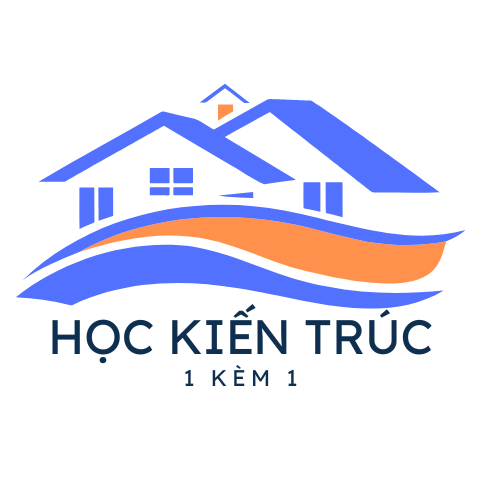# SEO Indexing Explained: How to Get Your Pages Found by Google
Getting indexed by search engines is essential if you want to rank in search results. Without indexing, your content is invisible. This article, we’ll cover all the essentials to advanced techniques to ensure your pages get noticed.
Whether you’ve got an eCommerce store, knowing how indexing functions is the first step to attracting traffic. Let’s dive in and demystify SEO indexing.
# SEO Indexing: The Basics
Put simply, indexing means your page can now be found by Google or Bing. Unindexed content is useless for SEO purposes. The indexing process usually begins with crawling, where bots scan your page. Then the page is analyzed and, if deemed valuable, indexed.
# Confirming Google Indexing Status
To check if a page is indexed, simply search on Google using “site:yourdomain.com/page-url”. If the page appears in the results, it’s indexed. You can also check using Google Search Console. Inspect your URL there for confirmation.
# Common Reasons Pages Don’t Get Indexed
Indexing failures happen for a bunch of reasons:
- Noindex meta tag blocks indexing
- Robots exclusion could be preventing access
- The page lacks internal links
- Google doesn’t index shallow content
- Fresh pages take time to get indexed
# Force Google to Index Your Site
Get your pages noticed fast with these actions:
- Submit URL to Google via Search Console
- Build internal links to the new page
- Social signals can trigger bot visits
- Ensure your XML sitemap includes the new page
- Avoid using noindex tags or blocked resources
# Using Tools to Monitor Indexing
You don’t have to do this manually:
- Use it to see what’s working and what’s blocked
- Desktop tool for site audit and crawl diagnostics
- These offer deeper insights over time
- Indexation reports in Rank Math or Yoast SEO plugins
# Advanced Indexing Strategies
Once you’ve covered the basics, these advanced tips can help:
- Use schema markup to enhance page data
- Avoid index bloat from weak content
- If you have thousands of pages, crawl efficiency matters
- Technical SEO fixes improve indexing rates
- Segment your sitemap by content type
# What Not to Index
Not every page needs indexing:
- Admin or login pages
- Avoid wasting crawl budget
- Canonicalize or block low-value duplicates
- Temporary builds shouldn’t be public
Don’t accidentally block what matters.
# Wrap-Up: SEO Indexing Matters
Indexing isn’t glamorous, but it’s essential. Focus on both technical accessibility and content value. Keep refining your strategy as your site grows.
Start simple: inspect, fix, and request indexing.
Read more: stck.me
